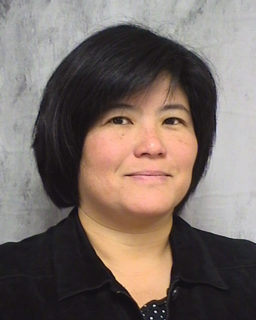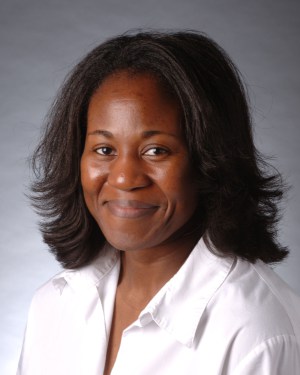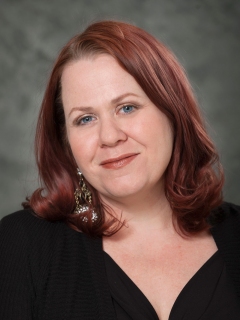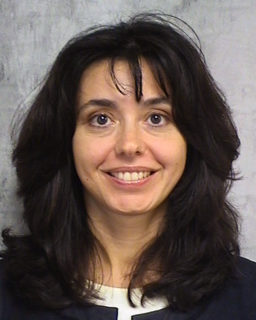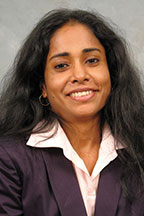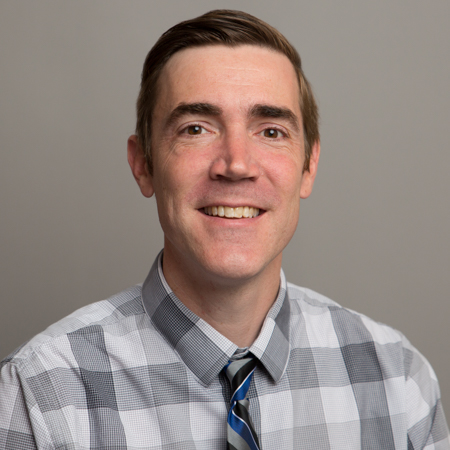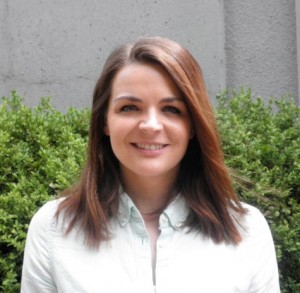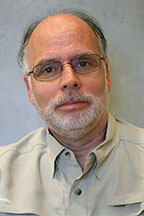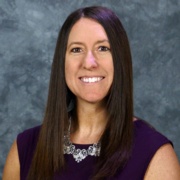23rd Annual Iowa Physiological Society Meeting
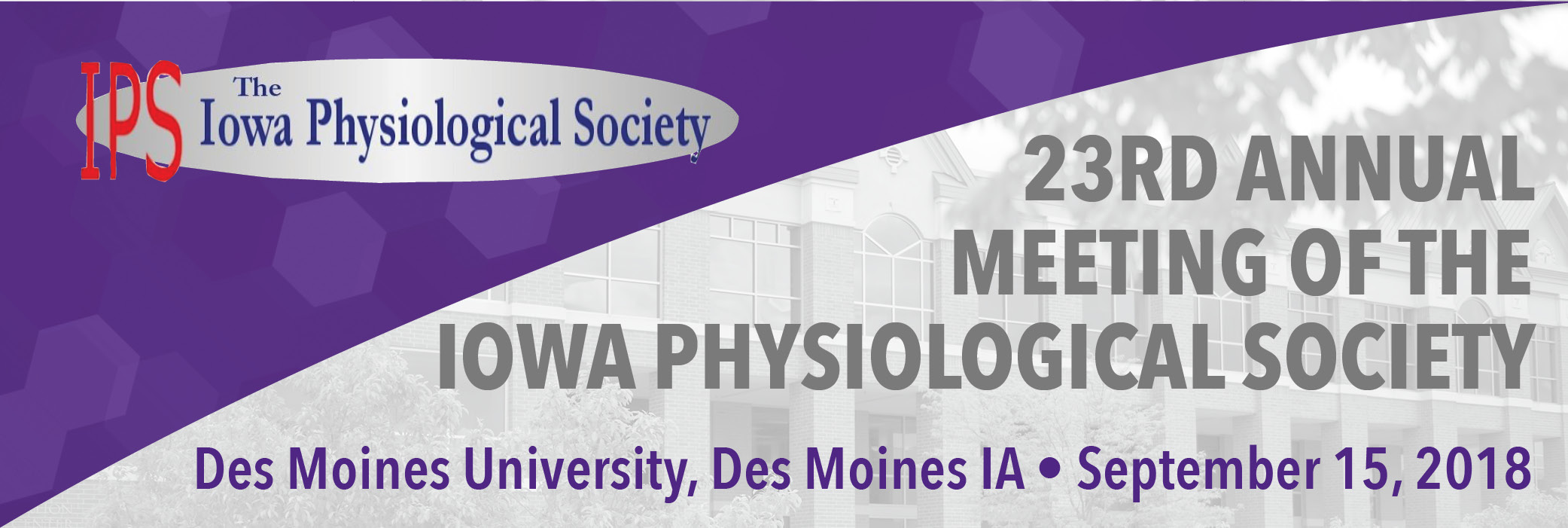
| Registration |
|---|
Registration fees include IPS membership valued at $10 per year. Students receive free IPS membership. To register a group, please complete this document and email it to [email protected]. All columns are required. DMU CME will then follow-up to collect a credit card payment. You must login or create an account before enrolling in this educational activity. Once you're logged in to your account, please select the "REGISTER" tab to process your payment and complete your registration. |
Dear Colleagues,
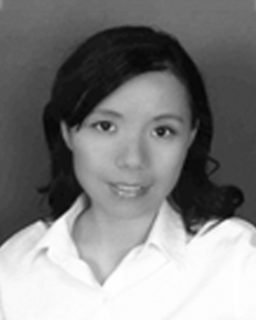 The 23rd Annual Iowa Physiological Society (IPS) meeting will be held on Saturday, September 15th, 2018 at Des Moines University. This meeting provides an excellent opportunity for physiologists and trainees from Iowa and neighboring states to present their research, exchange scientific ideas, and network with other scientists and clinicians in the region. We have put together an exciting program this year that includes a vibrant group of speakers doing cutting-edge research in their respective disciplines. Trainees will have ample opportunities to present their work and compete for undergraduate and graduate awards for the best poster and oral presentations.
The 23rd Annual Iowa Physiological Society (IPS) meeting will be held on Saturday, September 15th, 2018 at Des Moines University. This meeting provides an excellent opportunity for physiologists and trainees from Iowa and neighboring states to present their research, exchange scientific ideas, and network with other scientists and clinicians in the region. We have put together an exciting program this year that includes a vibrant group of speakers doing cutting-edge research in their respective disciplines. Trainees will have ample opportunities to present their work and compete for undergraduate and graduate awards for the best poster and oral presentations.
This year’s meeting will feature keynote presentations during the morning session on the gut microbiome and physiology education. Also during the morning, a select group of six trainees will give 5-minute oral presentations highlighting their work. After lunch, we will continue with two concurrent special interest sessions in the areas of neuro-immune interactions and exercise physiology. At the conclusion of these special interest sessions, two separate career development panel discussions for trainees and junior faculty will round out the day’s programming.
On behalf of the IPS Executive Board and the Organizing Committee, I cordially invite you to attend this exciting regional event!
LiLian Yuan, PhD
President, Iowa Physiological Society
Organizing Committee
- Francesca Di Sole, PhD
- James A. Lang, PhD
- Noah Marcus, PhD
Quick Links
| Submit Abstract | Agenda | Speakers | Oral Presentations |
| Poster Presentations | IPS Chapter Officers | Sponsors |
Please note these important dates:
- Abstract submission deadline: Wednesday, September 5
Submit your abstract.
View an abstract example.
- Notification of oral presentations: Friday, September 7
Target Audience
Scientists, physician scientists, educators, undergraduate students, graduate students, and postdoctoral fellows. You do not need to be a member of the Iowa Physiological Society to attend.
Agenda
Subject to change.
| 8 am | Registration, Breakfast, and Poster Set-Up | |
| 8:25 am | Opening Remarks LiLian Yuan, PhD, IPS President | |
| 8:30 am | Student Oral Presentations Session Chair: James A. Lang, PhD, Iowa State University | |
| 8:30 am | Vascular Reactivity in Male and Female Rats During Sensitization-Induced Hypertension Lucas Blumenschein, DO’21, Des Moines University | |
| 8:35 am | PGC-1α Overexpression Increases Lysosome Abundance and Autophagy in Dystrophic Skeletal Muscle Hannah R. Spaulding, Iowa State University | |
| 8:40 am | Chronic Pain Effects on the Gut Microbiome Matthew Lampeter, DO’21, Des Moines University | |
| 8:45 am | Differential Antineoplastic Effects of Metformin Against Kidney Cancer Ronald Frantz, Drake University | |
| 8:50 am | Effects of Acute BEMER® Treatment on Muscle Performance and Cutaneous Microvascular Function Behnia Rezazadeh Shirazi, Iowa State University | |
| 8:55 am | Chronic Intermittent Hypoxia Augments Chemoreflex Control of Renal Blood Flow and Promotes Renal Inflammation Stephanie C. E. Twohey, Des Moines University | |
| 9 am | Questions | |
| 9:15 am | Keynote Presentation - Microbial Endocrinology: Why the Intersection of Microbiology and Neurobiology Matters to Health
| |
| 10:15 am | Poster Session I | |
| 11:30 am | Education Keynote Presentation - Teaching Beyond the Facts: What Else Do We Need to Teach Our Students?
| |
| 12:15 pm | Lunch | |
| 1 pm | Special Interest Sessions: Neuro-Immune Interactions Location: Back Room Session Chair: Vanja Duric, PhD, Des Moines University
| Special Interest Sessions: Exercise Physiology Location: Main Room Session Chair: Noah Marcus, PhD, Des Moines University
|
| 2:50 pm | Poster Session II | |
| 4 pm | Career Development Sessions: Panel Discussion 1 (for Trainees) - Navigating Careers in Biomedical Sciences Location: Back Room
| Career Development Sessions: Panel Discussion 2 (for Principal Investigators) - Effective Career Management Location: Main Room
|
| 4:50 pm | Awards and Closing Remarks | |
| 5:30 pm | IPS Board Meeting | |
Abstract Guidelines
Faculty and students are encouraged to submit abstracts. There is no limit on the number of abstracts a person can submit. Prizes will be awarded to 1st, 2nd and 3rd prize winners in both the undergraduate and graduate poster competition categories. The deadline to register your poster and submit your abstract is Wednesday, September 5.
We welcome abstracts of experimental biology and case studies from multiple areas of Physiology including, but not limited to:
- Autonomic
- Cardiovascular
- Cell/Molecular
- Central Nervous System
- Educational Research
- Endocrine
- Exercise
- Gut
- Musculoskeletal and Integument
- Renal
- Respiratory
Competing posters will be judged on the following criteria:
- Layout: Does the overall layout of the poster facilitate comprehension of the research?
- Abstract: Is the abstract an accurate summary of the work?
- Question: Is there a clear statement of the question, hypothesis or purpose?
- Methods: Are the methods presented clearly and completely?
- Results: Is there a logical presentation of the results with clear descriptive headers for each section?
- Figures: Are figures and tables easy to read and interpret?
- Conclusions: Are the conclusions appropriate and distinct from the summary of results?
- Oral presentation: Is the verbal presentation well organized, appropriate for the target audience, complete, and concise?
- Response to questions: Are the answers to questions accurate and focused?
- Overall: How well do the poster and the verbal presentation convey the project as important scientific research?
All abstracts will be published in the meeting program. View an abstract example. Please submit your abstract according to the following guidelines:
- Format: Microsoft Word format
- Font: Arial, 11 point
- Margins: 1.25″ left border. 1″ remaining borders
- Spacing: Single-spaced
- Justification: Left
- Abstract body length: No more than 250 words
- Type the title first, using title casing.
- Capitalize the first letter of each word except prepositions, articles and species names. Italicize scientific names of organisms.
- List all authors, institutional affiliations and short addresses (city and state only).
- Bold the author delivering the paper.
Consider the following questions when preparing your abstract.
- Does the abstract clearly state the aim of the project (i.e. a research question, theoretical issue, or problem)?
- Is the significance of work clearly stated?
- If relevant, are the methods, data collection, and analysis procedures well-designed and appropriate to the question addressed?
- Are the conclusions justified in relation to the data and/or analysis/description?
- Is the abstract written clearly and organized well?
Oral Presentations
- Six students will be selected to give an oral presentation introducing their poster. Presentations are limited to five minutes and five slides (not including the title slide and references).
- If your abstract was selected, you will be notified by Friday, September 7.
- Oral presenters are also requested to present a poster.
- A moderator keeps track of your presentation time and may also facilitate the discussion. Microsoft PowerPoint 2010 will be used to project slides. Please make sure your presentation is compatible with this program. If you prefer to use a MAC computer or have video files, arrangements must be made prior to the program and you will be responsible for bringing an adapter. Presentation and video files should be stored on a USB drive.
Resources
- Preparing an Effective Oral Presentation
- Introduction: Preparing Talks by University of Kansas Medical Center
- PowerPoint: Presentation Tips by Bates College
- PowerPoint: Guides, Tips and Help by Dartmouth Biomedical Libraries
Poster Presentations
- Posters should be no more than 5′ wide and 4′ high.
- Materials to hang your poster will be available onsite.
- Posters are displayed throughout the day. Please do not remove your poster until the end of the day’s activities.
- Posters must be hung by 8 am and removed by 5:30 pm. If you’re able, please hang your poster as early as possible as we encourage people to view them the entire day.
- Odd numbered posters will be judged from 10:15 - 11:30 am.
- Even numbered posters will be judged from 2:50 - 4 pm.
- Prepare and practice a short summary speech—no more than 3 minutes—about your project. This is an excellent networking opportunity, so it is important to speak and interact professionally. You will receive lots of feedback and exposure as well.
- Any remaining posters will be kept in the DMU CME office (AC #430) until September 28.
Resources
- Preparing an Effective Poster Presentation
- Creating Effective Poster Presentations by North Carolina State University
Speakers
Teresa Aoki, MD, FCCP |
Maria J. Barnes, PhD |
Melissa Bates, PhD | Jackie Brittingham, PhD |
Mark W. Chapleau, PhD |
Francesca Di Sole, PhD |
Vanja Duric, PhD |
Matthew Henry, PhD |
Arthi Kanthasamy, PhD |
James A. Lang, PhD |
Meredith Luttrell, PhD |
Mark Lyte, PhD, MS, MT(ASCP) |
Bill Schrage, PhD | Rudy Valentine, PhD |
Erica Wehrwein, PhD |
Craige Wrenn, PhD |
Long-Jun Wu, PhD |
|
Past Meetings
- 22nd Annual Meeting of the Iowa Physiological Society - September 29-30, 2017
- 21st Annual Meeting of the Iowa Physiological Society (Pictures) - October 29, 2016
- 20th Annual Meeting of the Iowa Physiological Society (Pictures) - April 25, 2015
- American Physiological Society
- The Iowa Physiological Society
Sponsors
Thank you to our generous sponsors for their support!
 | 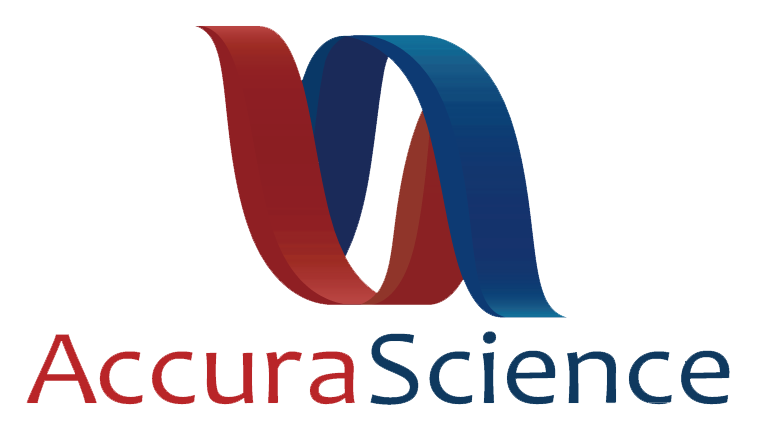 |
|
Chapter Officers
- President: LiLian Yuan, PhD, Des Moines University
- Past President: Rasna Sabharwal, PhD, FAHA, University of Iowa
- President-Elect (2018): Melissa Bates, PhD, University of Iowa
- President-Elect (2019): Noah J. Marcus, PhD, Des Moines University
- Secretary/Treasurer: Francesca Di Sole, PhD, Des Moines University
We're Social!
Join IPS on Facebook to connect with your colleagues. Every person that "likes" the Iowa Physiological Society Facebook page before the conference on September 15 will be entered into a drawing for a prize!

Des Moines University is located on a 22-acre campus in the heart of Des Moines, Iowa. Just west of downtown on Grand Avenue, the University is located in one of Des Moines' most prestigious neighborhoods. The campus is in a historic neighborhood filled with tree-lined streets and gracious older homes and businesses. Its central location makes it easy to access the rest of the city and outlying communities. The campus is close to the Des Moines International Airport, located on the bus line and just blocks from local shopping and downtown Des Moines.
Travel
Driving Directions
Hotel Accommodations
There are numerous hotels available in the Des Moines area. Below are a few options located downtown (close to campus), near the airport and west of Des Moines. Some hotels offer shuttle service to DMU, but you must inquire with the hotel directly. Some hotels may offer a discount (based on availability). Mention DMU to your hotel to see if a discount may be available. View a list of hotel options.
Available Credit
- 4.50 CE Contact Hour(s)
Price
Registration fees include IPS membership valued at $10 per year. Students receive free IPS membership.
Cancellation Policy
- All cancellations must be received in writing at [email protected].
- A nonrefundable administrative fee of $10 will be charged for all cancellations.
- No refunds will be given three (3) business days prior to the activity start date.
- Cancelled registrations can be transferred to another individual for the same activity.
- Individuals who fail to attend the activity (no-shows) will not receive any refund. Forfeited fees may not be applied to any other activity.

 Facebook
Facebook X
X LinkedIn
LinkedIn Forward
Forward